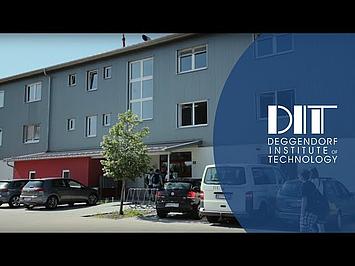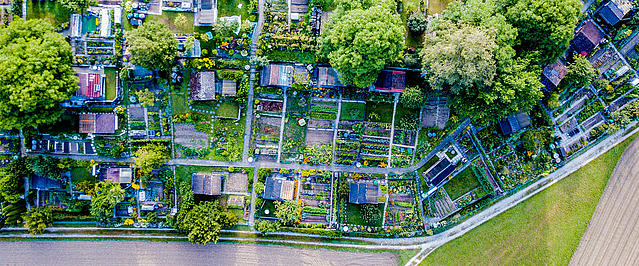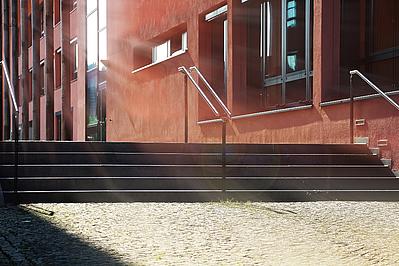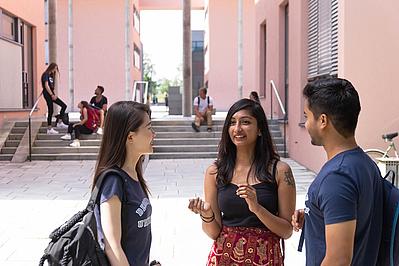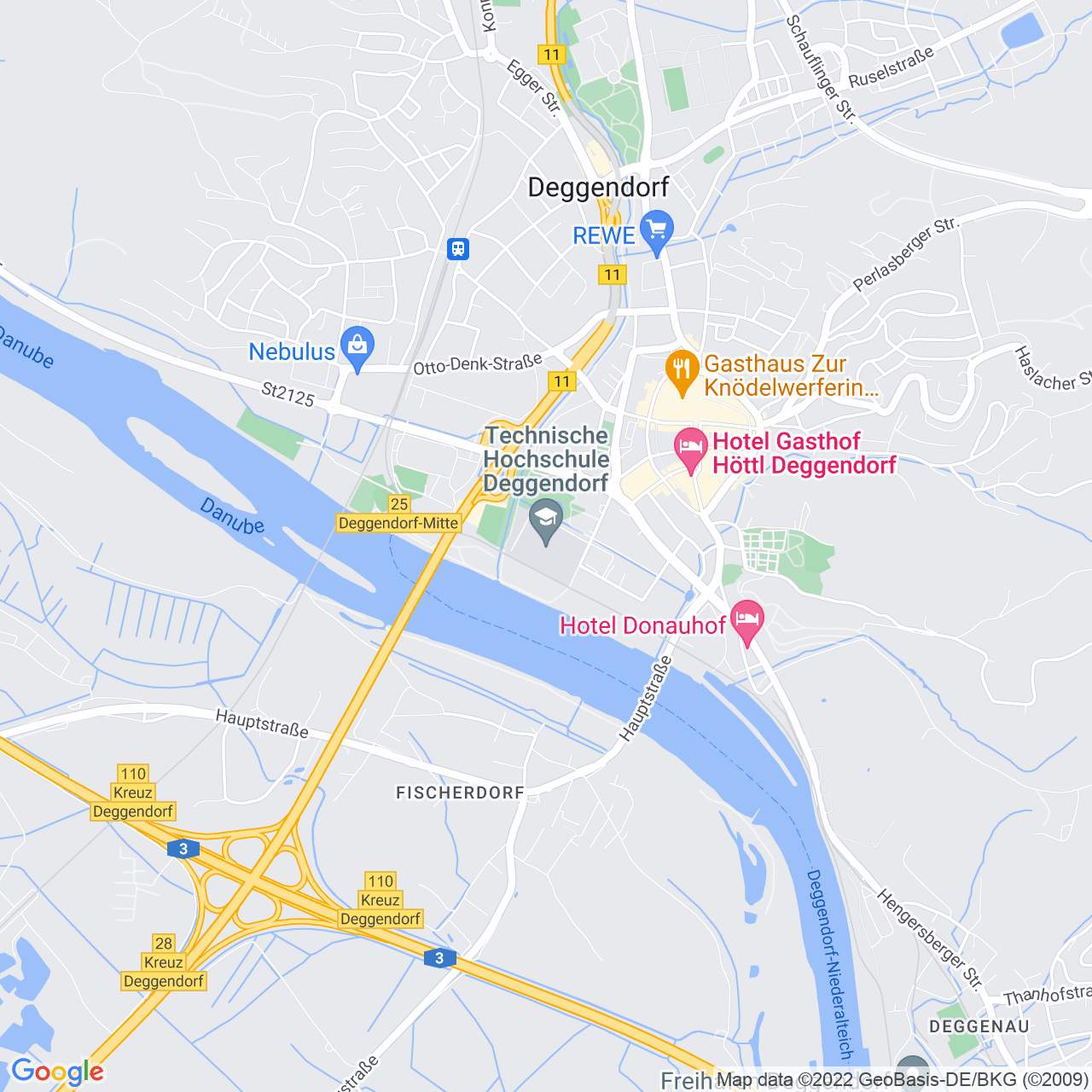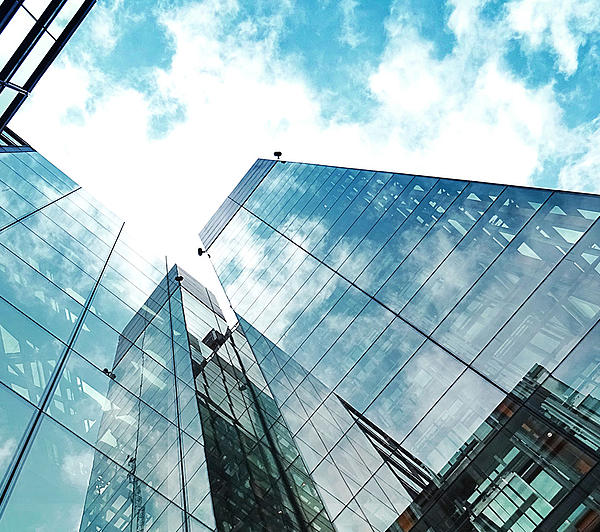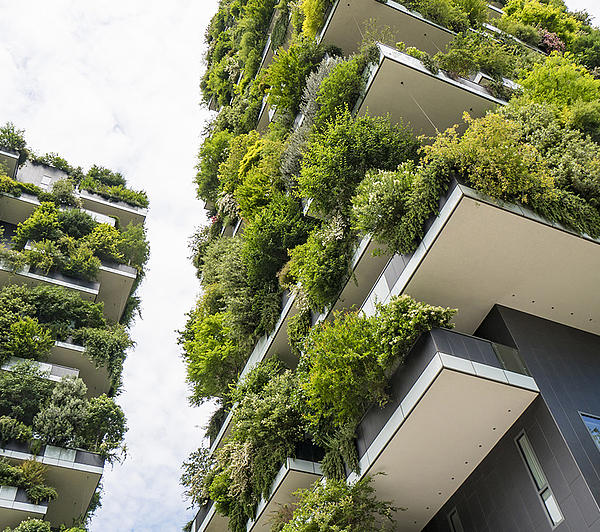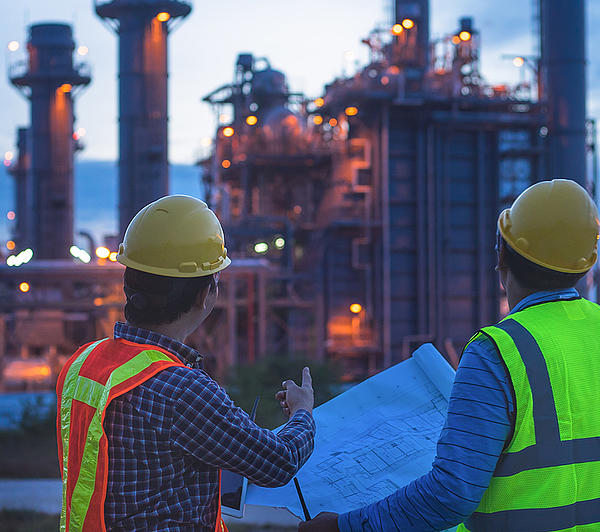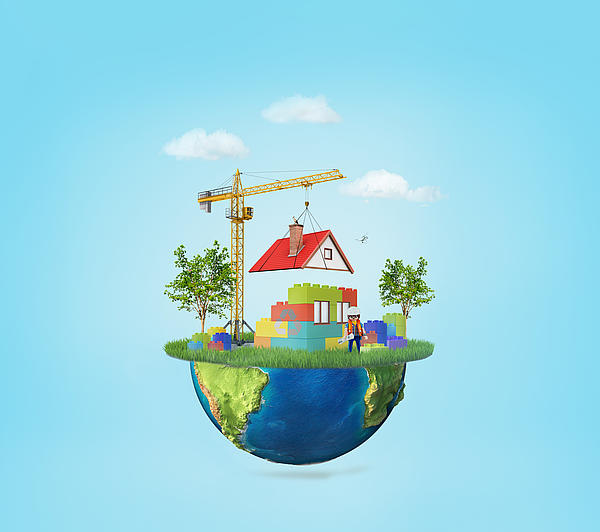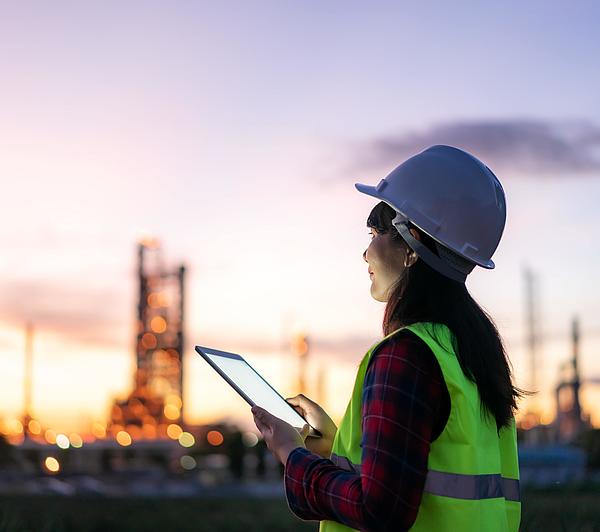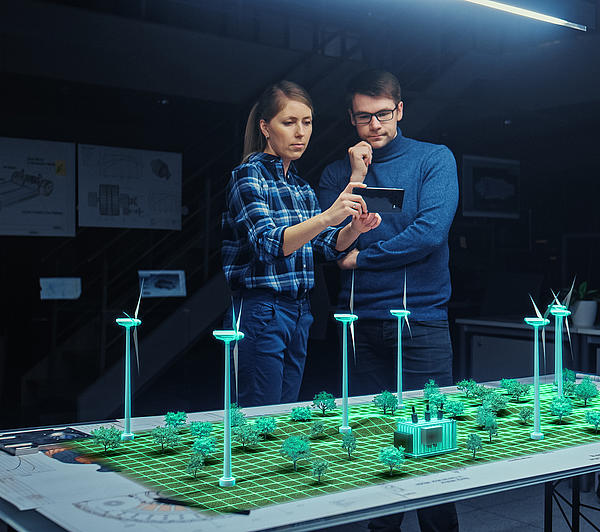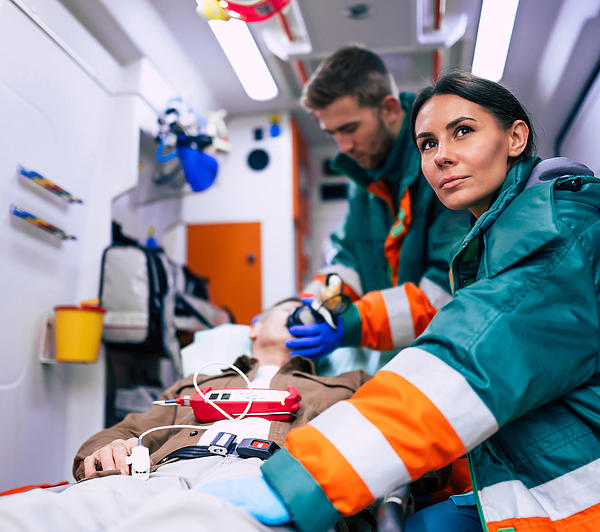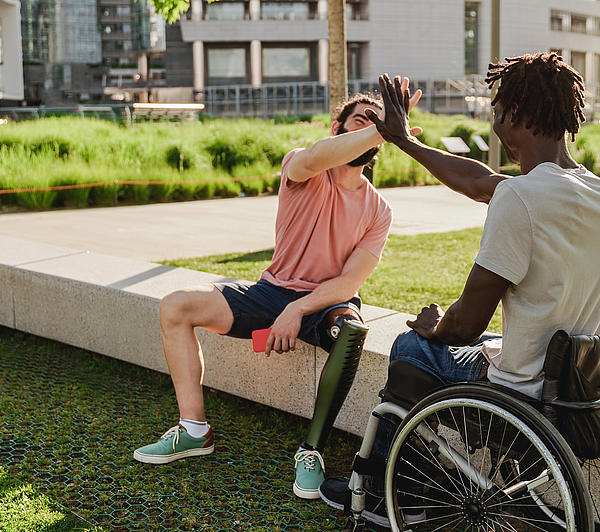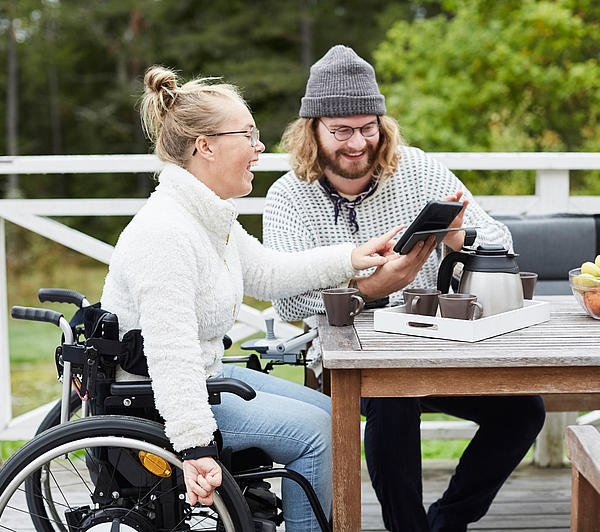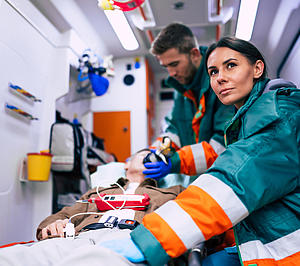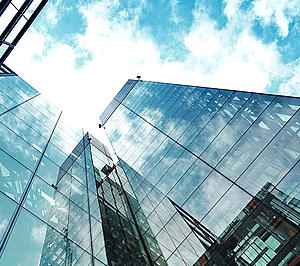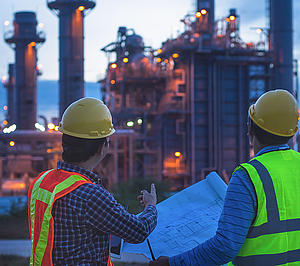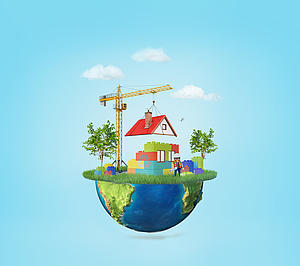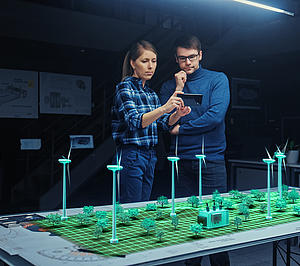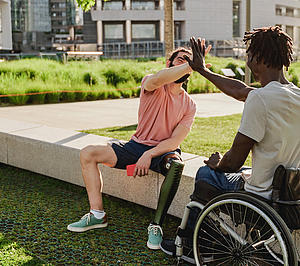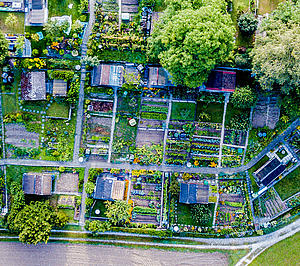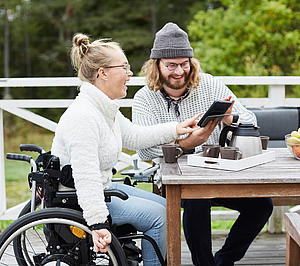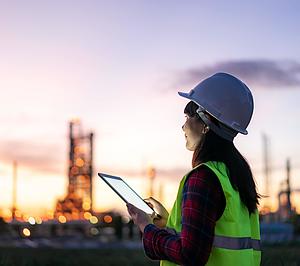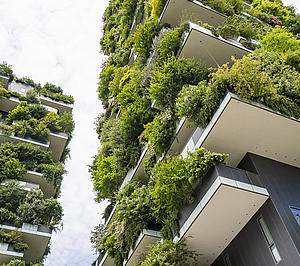Planning and construction of buildings as well as in competent support in their use and operation
With this Master's degree you will gain the qualifications and skills for an international career in the future-orientated sector of healthy and sustainable buildings.
This postgraduate course qualifies students in methods and technologies in the fields of healthy and sustainable buildings, combined with applications in various areas of the construction and real estate industries. It acknowledges and broadens students' existing knowledge from undergraduate courses, such as construction engineering, architecture, technical building equipment, energy-efficient construction or related courses, and professional work experience.
Degree: Master of Engineering (M.Eng.)
Duration: 4 semesters
Start: summer semester
Course language: English
Fees: no tuition fees
Location: European Campus Rottal-Inn, Pfarrkirchen
Admission requirements: Please see the study and exam regulations (paragraph 3 "Qualification for Academic Studies")
Language requirements: English B2, German A1 More Information >
Course Content
The need for material and energy resources and the increasing complexity of modern living and working spaces pose high challenges for achieving the objectives of sustainable development, particularly in the construction industry. In addition to health and quality, these include a certain level of comfort and the attractive design of age-appropriate living spaces.
The aim of the "Healthy and Sustainable Building" course is to impart the specific skills required for the energy-saving, resource-saving, healthy and modern requirements of an industrial society.
The course is aimed at people who see their future professional activity in the planning and construction of buildings as well as in competent support in their use and operation. Further opportunities arise in the sustainable development and planning of healthy and energy-efficient materials and technologies for sustainable buildings.
Due to the diverse requirements that arise in the field of healthy and sustainable construction, this master's programme is designed for a total of 4 semesters (3 study semesters and 1 semester master's thesis). This ensures that graduates are perfectly prepared for the complex challenges in their working lives. In addition, students who have completed their bachelor degree with 180 credits then go on to graduate from this masters degree with a minimum pass grade, are entitled to enter a doctorate programme.
All lectures will be held in English, thus proficiency in the English language is an essential prerequisite. The following modules build the core of the study programme:
Sustainable buildings:
The materials used for construction form the essential basis of sustainable buildings. It is important to use building materials that are harmless to health in order to avoid harmful substances (e.g. emissions of solvents) or biological impairments (e.g. mould formation). Building physics and smart building technology also play an important role here. Knowledge of the aspects relevant to chemistry, building biology and building physics form the basis for the design of sustainable buildings.
Evidence based and simulation based design:
Knowledge about the environmental-hygienic and medically verifiable influences of buildings on health and well-being, environmental-psychological aspects as well as technical-analytical methods for the proof of possible loads, form the base of an evidence-based design of sustainable buildings. Based on experiences in the field of effects of materials, technologies and interior design, approaches for integral planning and design of sustainable buildings are introduced. The building envelope as well as the interiors play an important role. Modern IT-supported methods support the scientific and technical design of sustainable buildings.
Sustainable and smart building systems:
Modern societies use intelligent technologies for the energy-saving management of buildings, which are increasingly being equipped with technologies that technically support working and living in buildings. The state of the art in the field of sustainable building management systems and ambient living is the content of the advanced training in the Master Healthy and sustainable Buildings. Other aspects are refurbishment and renovation as well as building safety and sustainable protection.
Research & methodology:
Great importance is attached to the scientifically exact qualitative and quantitative evaluation and evaluation of findings. In an R&D project as well as in the master's thesis, current topics are dealt with in cooperation with industrial partners.
Softskills and legal aspects:
In addition to the scientific-technical standards, relevant legal standards and framework conditions are taught. For the successful implementation of sustainable building planning and its implementation on the construction site, project management skills round off the profile of a graduate of the Healthy and Sustainable Buildings degree programme.
Subject Overview >
Career Prospects
Graduates of the "Healthy and Sustainable Buildings" postgraduate degree are competent specialists in the field of healthy buildings and healthy living conditions, in material selection and product development or selection throughout the construction and interior facilities, and technical planning and construction including renovations and restorations.
Additionally, there are fields of work in the digitization and automation of healthy and sustainable buildings allowing for modern material flow, during the entire life cycle of buildings up to their demolition.
Graduates have career prospects in:
- Planning and design
- Product development
- Building management
... in the recycling and restoration branch and the smart home sector

